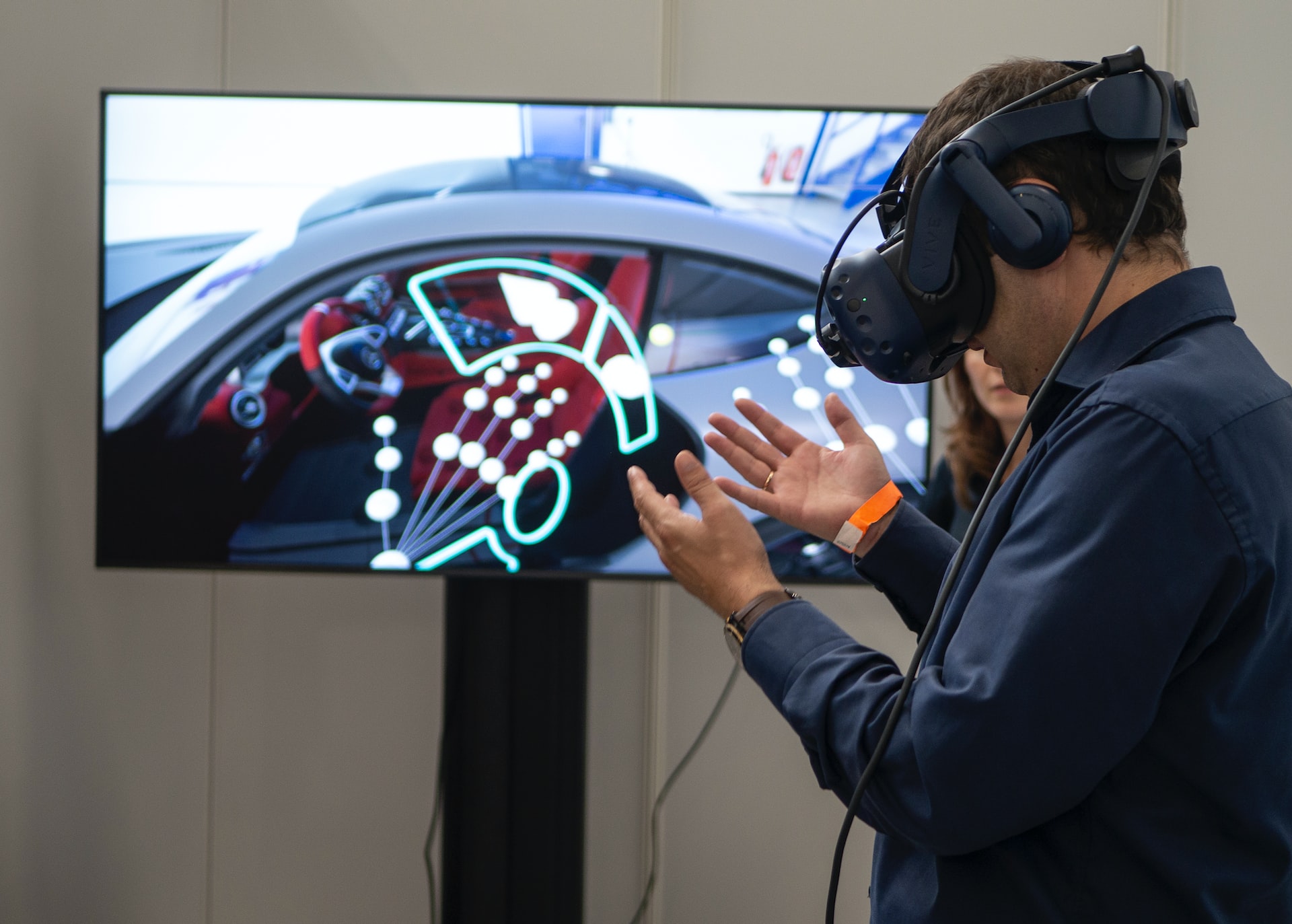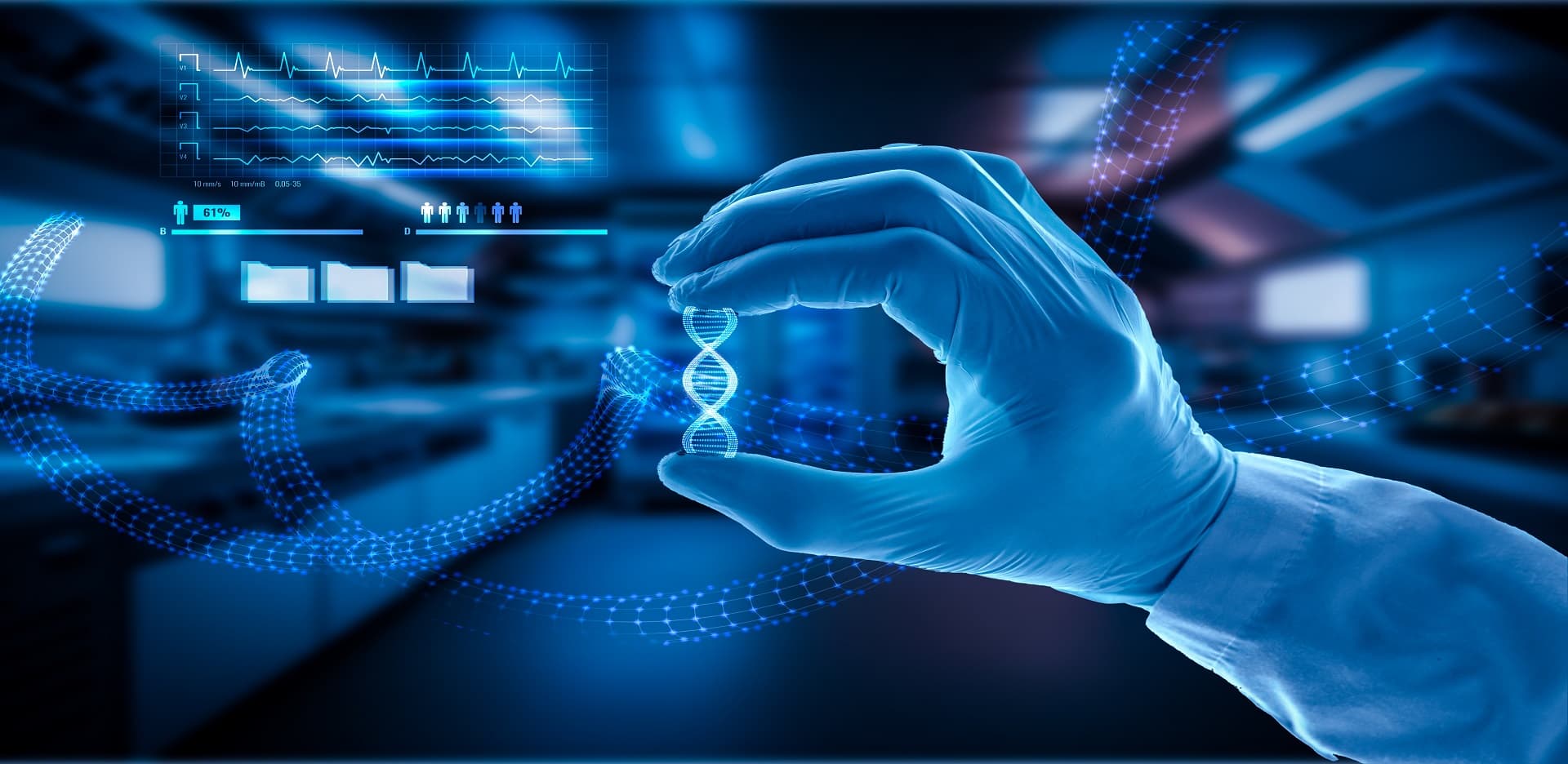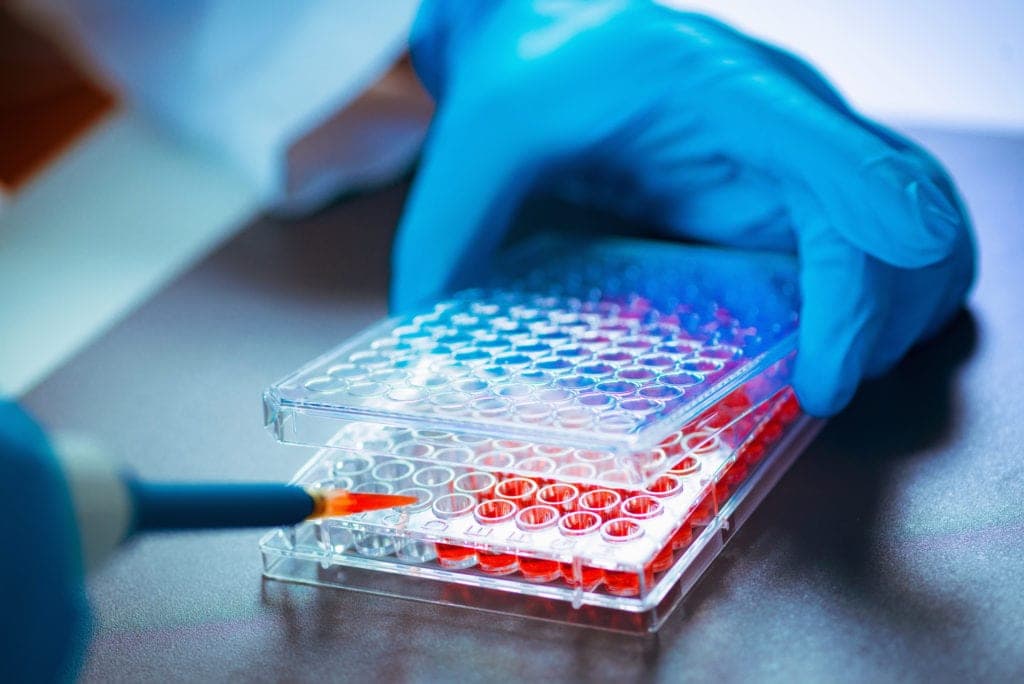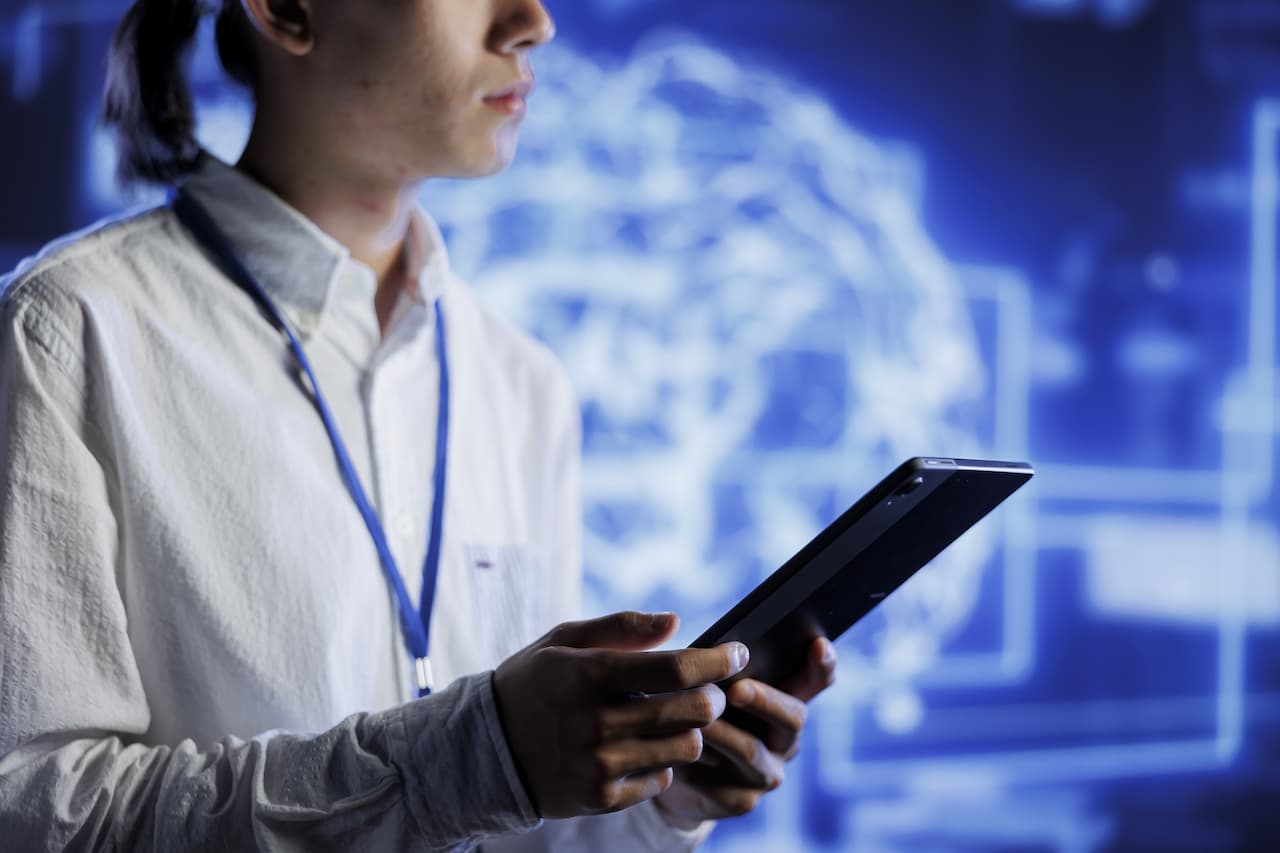In the previous post, we shared the key points in understanding love as a natural and body-triggered phenomenon. If you haven’t checked that post, you should definitely give it a try. Today, we go deeper into this topic and turn to the opinion of neuroscience on love.
Neuroscience is a popular and rapidly emerging scientific branch, which deals with the structure or function of the nervous system and brain. Numerous studies in this field shed light on how we feel, think, remember, and even on how we program our lives. Some studies explain even such magical and sophisticated things as love and commitment. Below we want to share the key findings in this domain.
Love activates the reward system
The reward system is a part of the brain that releases dopamine. This specific neurotransmitter is associated with pleasure and reward. Every time we experience a pleasurable event the reward system is activated. There have been studies that showed how the brains of lovers work when they see their partners. Indeed, the dopamine release made people feel happiness and even euphoria. Brain scans showed that love activates the same areas in our brain as food and strong drugs, like cocaine and opioids, do.
Unfortunately, the reward system also plays against us when we decide to break up. After the end of a relationship, the brain which was already used to rewarding chemicals feels a significant drop in them. This leads to feelings of sadness, anxiety, and withdrawal. There is no partner to stimulate the reward system anymore and we feel emotional pain and longing.
Love relies on the attachment system
The attachment system is part of the brain that is in charge of creating powerful emotional connections between individuals. Thanks to this system, we are able to feel closeness, intimacy, safety, and comfort with other people.
The attachment system consists of several brain regions, including the prefrontal cortex, the amygdala, and the anterior cingulate cortex. Together they regulate how we react emotionally to other people’s words and feelings. The attachment system defines how we build all types of close relationships, from the bonds with our parents and friends to connections with love partners. As for romantic relationships, the attachment system allows us to build long-term relationships. The levels of satisfaction, conflicts, and stress are way better in couples whose attachment systems work well.
Love changes the brain structure
Research has shown that long-term, committed relationships bring changes to our brain structure. A long-term relationship (about 25 years) leads to the appearance of more gray matter in the anterior cingulate cortex, insula, and dorsal striatum regions of the brain (compared to single people). The regions affected are responsible for empathy, emotion regulation, and reward processing. In addition, the parts involved in decision-making, empathy, social behavior, and social cognition are also growing in long-term relationships. This means that people get more used to understanding social cues if they manage to maintain a durable relationship.

Love reduces stress and improves health
Some research has shown that people engaged in a happy marriage in general have lower levels of cortisol than singles. Even such simple gestures as holding hands with your lover can reduce stress levels. As a result, you can benefit from stronger immunity and better cognition and reduce the risks of diabetes and obesity.
Love relies on mirror neurons
Mirror neurons are brain cells that fire both when we perform an action and observe someone doing it. Mirror neurons have a significant role in empathy, social learning, and different social behaviors. These cells are also responsible for the ability to feel connected to another person. Just observing our love partner when he or she experiences some emotion makes us feel the same level of joy, sadness, or anger. This way, we can connect on a deeper level with time. These cells also let us mirror our partner, showing the same behaviors and gestures and this way building trust. While these areas still require a lot of research, there is already enough evidence that mirror brain cells play a crucial role in the ability to create and keep close emotional bonds with other people.
While neuroscience has recently made a lot of advancements in understanding love, there are still many unknown areas to explore. How do you think love is a purely biological phenomenon or is it destined and more metaphysical?







